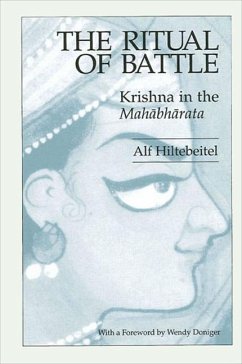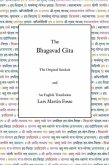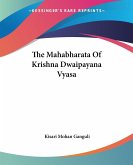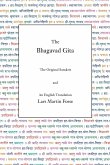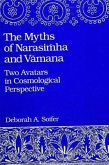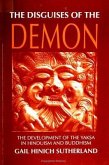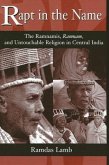This book is a study of India's great epic, the Mahabharata, against the background of Indo-European myth, epic, and ritual. It builds upon the pioneering studies in these areas by Georges Dumezil and Stig Wikander to work toward the goal of understanding how this epic's Indo-European heritage is interpreted and reshaped within the setting of bhakti or devotional Hinduism. The book begins with a comparative typology of traditional classical epics, arguing that epic is a distinctive mythical genre, and that the Mahabharata in particular should be studied as part of an Indo-European epic and (and not just mythical) continuum. The reshaping of Indo-European themes is then examined in relation to the Mahabharata's central mystery: the figure of Krishna, hero and ally of the Panbrothers in their struggles against their cousins, the Kauravas, and incarnation of Vis. The study argues that Krishna figures in the epic at the center of a coherent theological ensemble that builds upon continuities in Indo-European, Vedic, and particularly Brahmanic sacrificial idioms. Ultimately, Krishna guides the forces of dharma or righteousness through a great "sacrifice of battle" whose eschatological background recalls Indo-European and Vedic themes, while projecting them into the Hindu bhakti cosmology of universal dissolutions, recreations, and divine grace. The study vigorously opposes attempts to "explain" Krishna by arbitrary theories of the Mahabharata's growth through interpolations.
Hinweis: Dieser Artikel kann nur an eine deutsche Lieferadresse ausgeliefert werden.
Hinweis: Dieser Artikel kann nur an eine deutsche Lieferadresse ausgeliefert werden.
